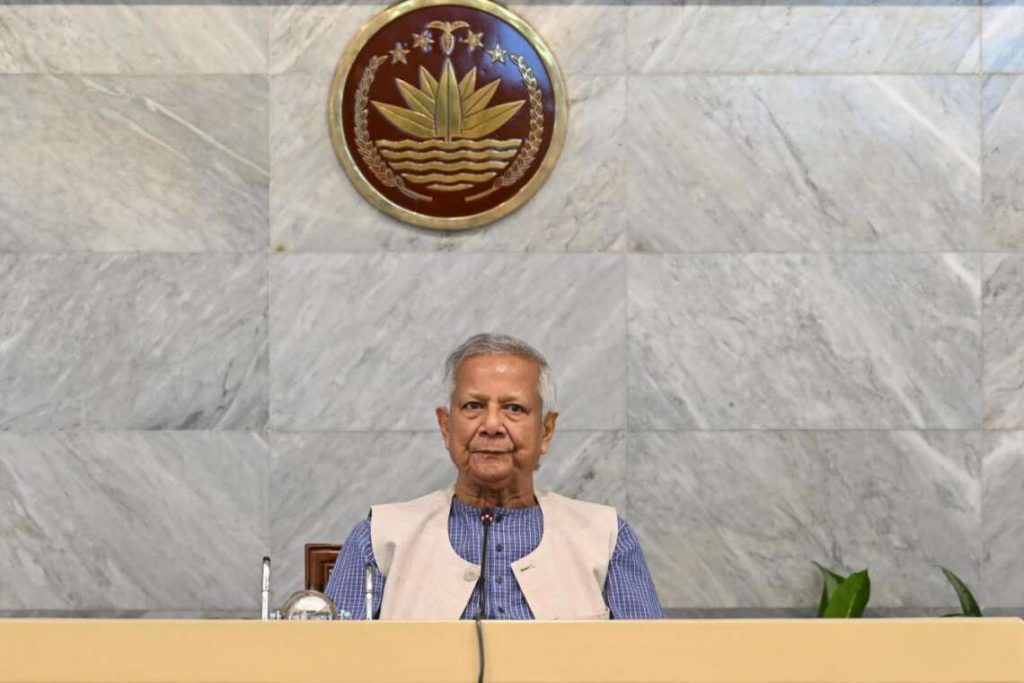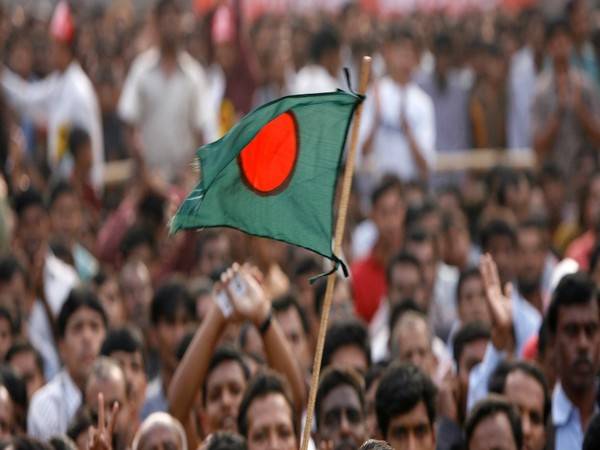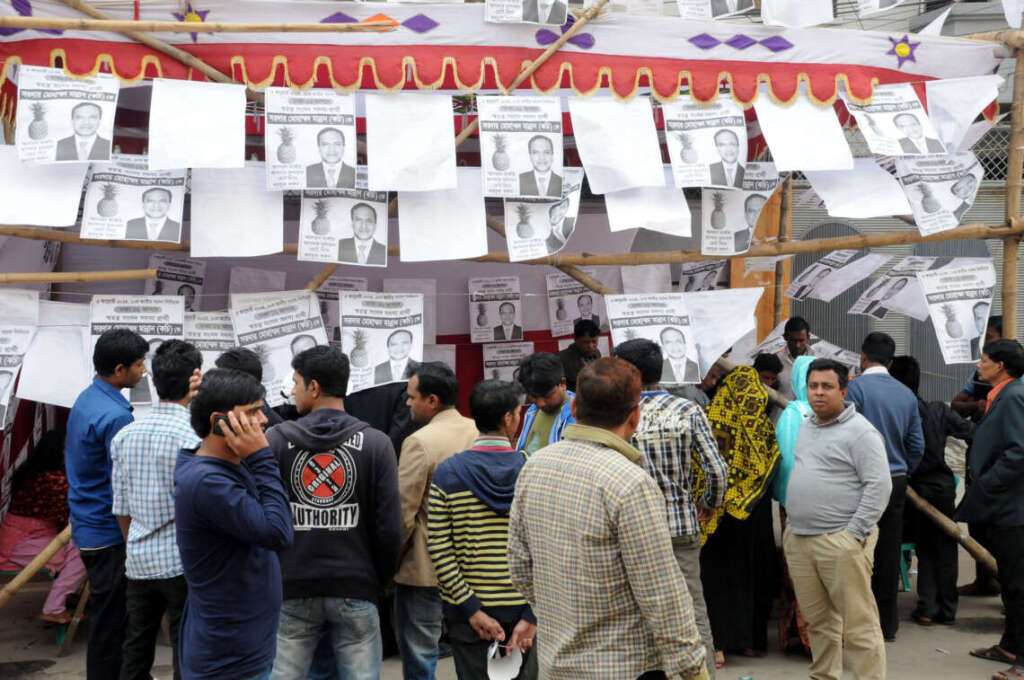If reforms are upheld, February 2026 could mark a democratic turning point for Bangladesh. If not, the polls risk repeating a cycle of mistrust and division….reports Asian Lite News
On 5 August 2025, Nobel Prize laureate Muhammad Yunus, the interim head of Bangladesh’s transitional government, announced in a televised address that parliamentary elections would be held in February 2026.
The polls, he said, would take place before the start of Ramadan, and a formal letter would soon be sent to the Election Commission to organise the process in time. His declaration was followed by Chief Election Commissioner (CEC) Nasim Uddin’s statement on 10 August, confirming that elections would be conducted in the first week of February, with the precise date to be finalised closer to the vote.
The announcement carries historic weight: these elections will be the first since the dramatic fall of Prime Minister Sheikh Hasina in August 2024, after a student-led uprising many have described as the country’s “second liberation.” In some ways, today’s Bangladesh echoes Pakistan’s turbulent political landscape between 2007 and 2013, when transitional authorities struggled for legitimacy amid bans on political parties and restrictions on the press. The stakes are high, and the political path ahead uncertain.

As The European Times has noted, Yunus’s rise to power in August 2024 followed mass protests that toppled Hasina’s 15-year rule, a period widely criticised for authoritarian practices, corruption, and the silencing of dissent. Yet it is also undeniable that Hasina’s government presided over rapid economic transformation. Between 2009 and 2022, Bangladesh consistently posted 6–8% annual growth, emerging as a global hub in garment manufacturing. Millions of jobs were created, per capita income more than doubled, and extreme poverty dropped below 10%. Infrastructure milestones such as the Padma Bridge and new railways, alongside expanded electrification and social welfare programmes, left a tangible developmental legacy. What remains disputed is whether those gains justify the heavy costs to democratic freedoms and political pluralism.

Yunus’s transitional administration, however, is far from free of contradictions. While criticising Hasina for manipulating elections and muzzling the press, it has itself barred the Awami League from contesting upcoming polls—an exclusion that raises fresh concerns about democratic credibility. Crackdowns under operations such as “Devil Hunt” have seen over 420,000 arrests, while journalists remain targets of intimidation. Even prominent outlets like The Daily Star and Prothom Alo have faced pressure and harassment. Political analyst Rezaul Karim Rony observes that the interim government is already losing cohesion, with fractures opening between rival interest groups.
Perhaps the most controversial decision of Yunus’s tenure has been the rehabilitation of Jamaat-e-Islami. Banned under Hasina, the Islamist party was formally reinstated in August 2024, with the Supreme Court restoring its right to register in mid-2025. This move, along with the release of senior Islamist leaders and easing of restrictions on affiliated groups, has been widely interpreted as a tilt toward a more “pro-Islamist” orientation. Jamaat leaders have openly warned Yunus that any failure to conduct fair elections would plunge the country into a national crisis. Meanwhile, their resurgence has coincided with a surge in attacks on Hindus and other minorities, including vandalism of temples and sculptures, particularly during festivals such as Durga Puja.

The political chessboard is further complicated by the rise of the National Citizen Party (NCP), founded by activists from the “Students Against Discrimination” movement that spearheaded Hasina’s ouster. Positioning itself as a reformist alternative, the NCP champions a “Second Republic,” calling for a new constitution, the end of dynastic politics, decentralisation, and judicial independence. While its message resonates with younger voters, its categorical refusal to contest elections under the current Election Commission risks limiting its immediate influence, even as polls suggest it lags behind established forces like the BNP and Jamaat.
As Bangladesh edges toward its 2026 general elections, it stands at a crossroads. The country’s democratic aspirations are in tension with ongoing political exclusions, institutional weaknesses, and the re-emergence of Islamist forces. For these polls to mark genuine renewal, reforms must guarantee inclusivity, transparency, and fairness. Above all, no major political party—including the Awami League—should be barred from participation. If these conditions are met, February 2026 could be remembered as a turning point for Bangladesh’s democracy. If not, the elections may simply repeat a familiar cycle of mistrust and division, leaving the promise of democratic transformation unfulfilled.












